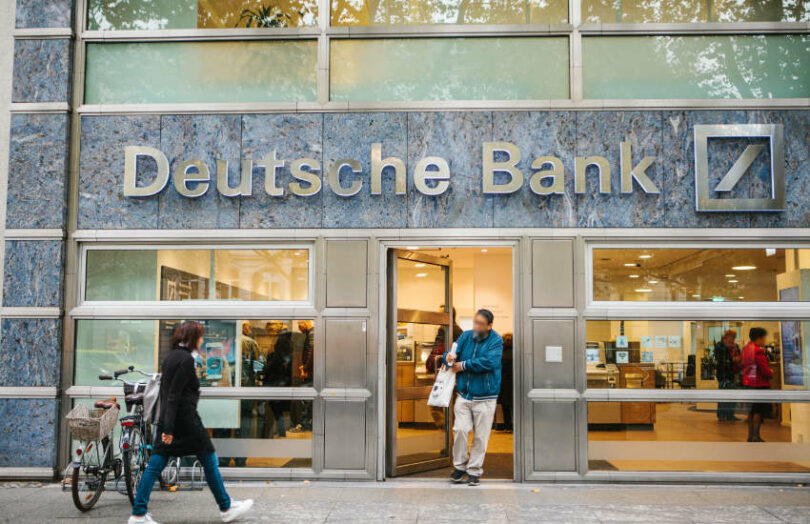Today Deutsche Bank Singapore released a report of a proof of concept (PoC) with Memento Blockchain to provide a platform for asset managers to issue tokenized funds. Project DAMA (Digital Assets Management Access) includes some novel features, especially the ability to provide mass customization of the fund.
The solution was awarded a grant from the Monetary Authority of Singapore as part of its Financial Sector Technology and Innovation (FSTI) program.
DAMA does not aim to disintermediate the fund issuance or administration process. It still involves asset managers and transfer agents, with custodians taking on several roles, such as enabling digital cash.
However, a key feature is an ability to service all the different roles in fund management from a single solution.
Transfer agents would give an investor a digital identity as a soul bound token. With KYC data stored offline, this would enable the user to invest in any fund operated by the platform without the need to repeat the KYC process.
Blockchain data would be the primary source of investor ownership records, with an API enabling the transfer agent to maintain traditional records to comply with current laws.
Bleeding edge blockchain innovation
One of the promises of blockchain and tokenization is the ability to enable fund customization. The mass customization described in the report is more about rebalancing. For example, if the initial fund has a certain proportion of equities and bonds, changes in values may require the asset manager to rebalance the fund to maintain those proportions. One kind of customization is if the user chooses to keep the original proportion rather than rebalance it. Mass customization is seen as a way for asset managers to attract and retain investors.
The tokens are issued on the public Ethereum blockchain and investors can subscribe in various ways, including minting a token directly or a user investing via a decentralized exchange (DEX). Memento has its own DEX, ComboSwap, a crypto token and the Domani Protocol, a fund management solution which seems to have formed the basis of the PoC.
One of the issues discussed in the report is the potential for cryptocurrency-based funds. Memento’s market research indicates growing interest from institutional investors, but they are held back by a reluctance to self custody and a lack of choice in digital asset custodians. That seems to be a key objective of the PoC because Deutsche Bank could play that role.
Meanwhile, the Deutsche Bank group’s interest in crypto and asset management extends to its asset management subsidiary DWS, which is reportedly mulling digital asset acquisitions.
Fund distribution firms such as Calastone, Allfunds and FundsDLT have been involved in the sector for several years. But in the past year, several key asset managers and administrators have shown interest, including KKR, Vanguard, abrdn, Hamilton Lane and Apex.






